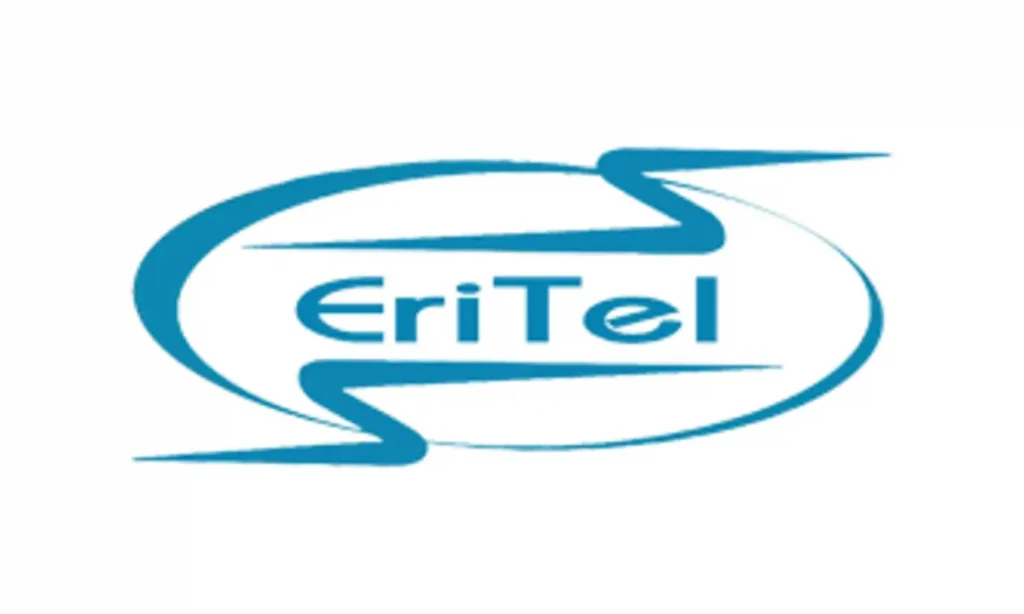- EriTel is the only provider of fixed-line and mobile telecom services in Eritrea. It also controls the national internet gateway and offers ADSL, 3G and fibre services.
- The telecom sector in Eritrea has struggles with scarce infrastructure, high prices, low penetration and unreliable electricity. EriTel responds with digital upgrades, fibre links and solar-backed towers.
Eritrea Telecommunication Services Corporation (EriTel) company details
Eritrea Telecommunication Services Corporation, which called EriTel is a state-owned enterprise founded in 1996. It is the sole provider of landline and mobile telephone services in Eritrea. It also delivers digital TV and internet access services. EriTel controls the national internet gateway. Other ISPs must use its network.
EriTel launched mobile GSM services in 2004. By the 2010s it served around 358,000 users. Mobile coverage now reaches about 85 % of the population, though mainly in urban areas . The firm also offers internet via ADSL, fibre, microwave links and dial-up. It upgraded to digital systems and continues a multi-phase infrastructure programme to expand fibre and 3G services.
EriTel received a $23 million soft loan from China in 2006 to boost communications infrastructure.
Also Read: Harbour Industrial Capital CEO Max Rebol on Web3 investing and Polkadot
Also Read: Vitalik Buterin supports privacy-preserving zk ID systems for Web3
Industry landscape and challenges for EriTel
Eritrea’s telecom sector remains one of the least developed in Africa. Fixed-line telephony is limited to Asmara and few towns. Mobile adoption is low. Fixed internet use and computer ownership are minimal. Only about 2 % of households have internet access. Mobile penetration stands near 20 %, mostly counting multiple SIMs.
Internet is extremely expensive. A 1 GB ADSL plan costs 1,000 Nakfa (about $60–65). Cost per Mbps is among the highest globally. Many Eritreans rely on internet cafés, but their rates are high relative to local incomes. Electricity is unreliable. EriTel often powers remote towers with solar panels and generators. The lack of submarine-cable access forces reliance on satellite or regional terrestrial routes, which limits capacity and raises cost.
Innovation by Eritrea Telecommunication Services Corporation
EriTel shifted from analogue to digital networks. It runs fibre core networks in Asmara and Massawa. It continues to roll out fibre upgrades to other cities and expand 3G data coverage. The two-phase infrastructure programme began in 2003. Phase 2, from 2013, focuses on rural reach, fibre build-out and green energy support.
To tackle power issues, EriTel uses solar and backup generators to sustain telecom towers. On the pricing side, although service remains expensive, ADSL and VDSL packages such as Night and Weekend plans aim to give some cost flexibility.

